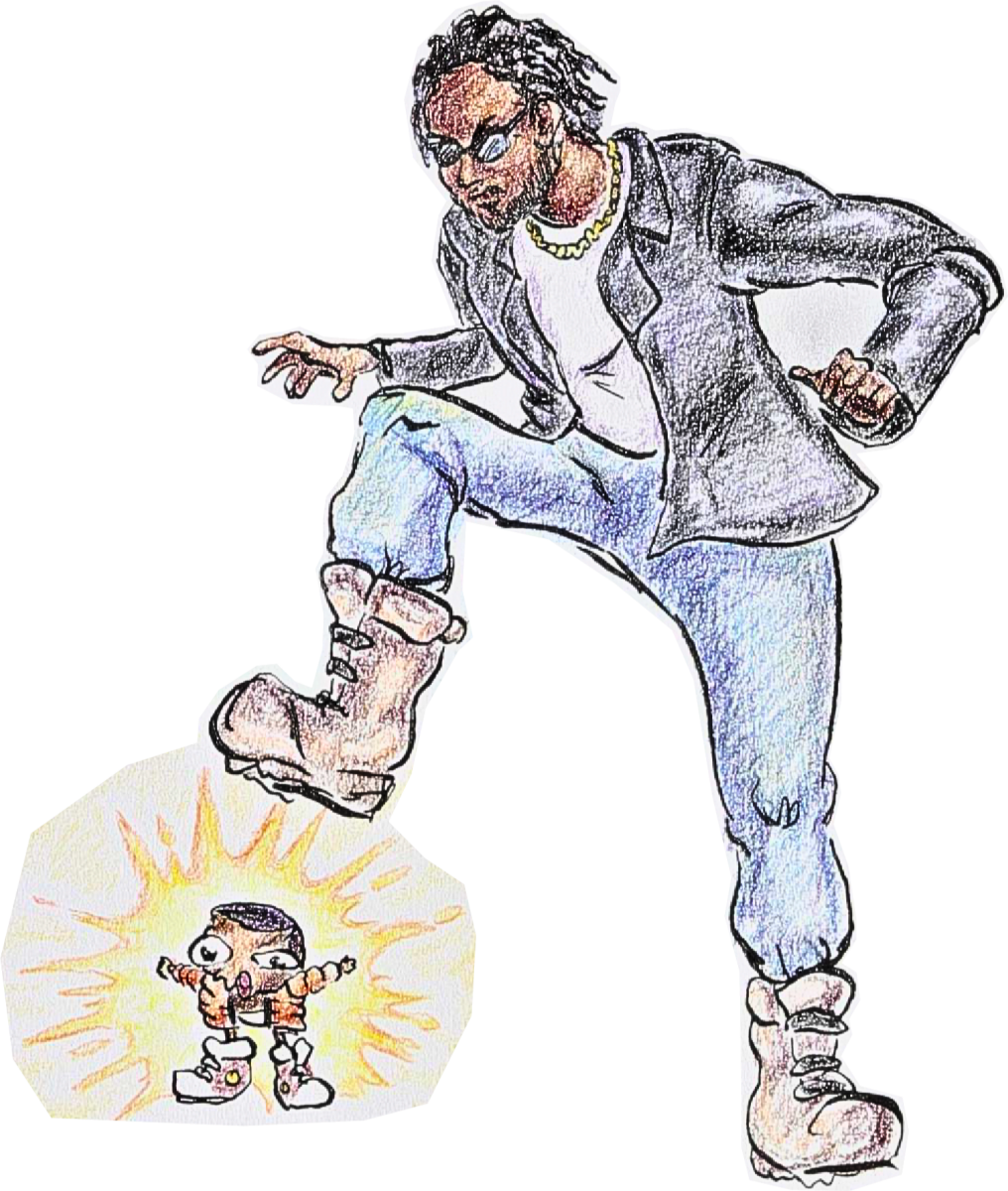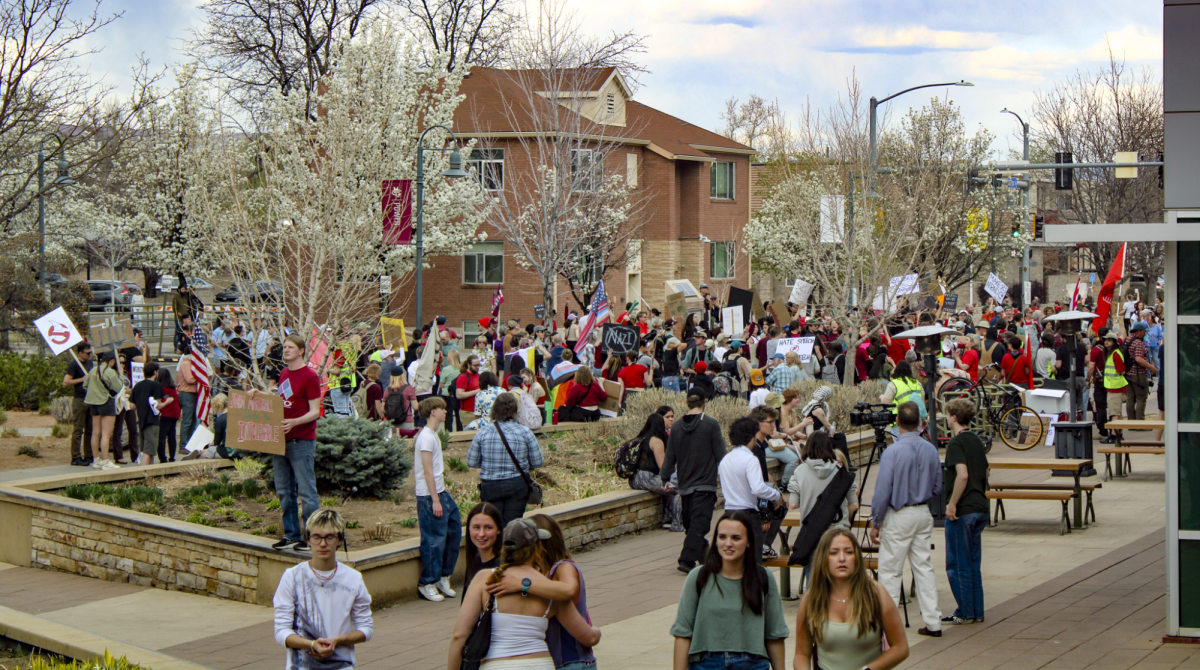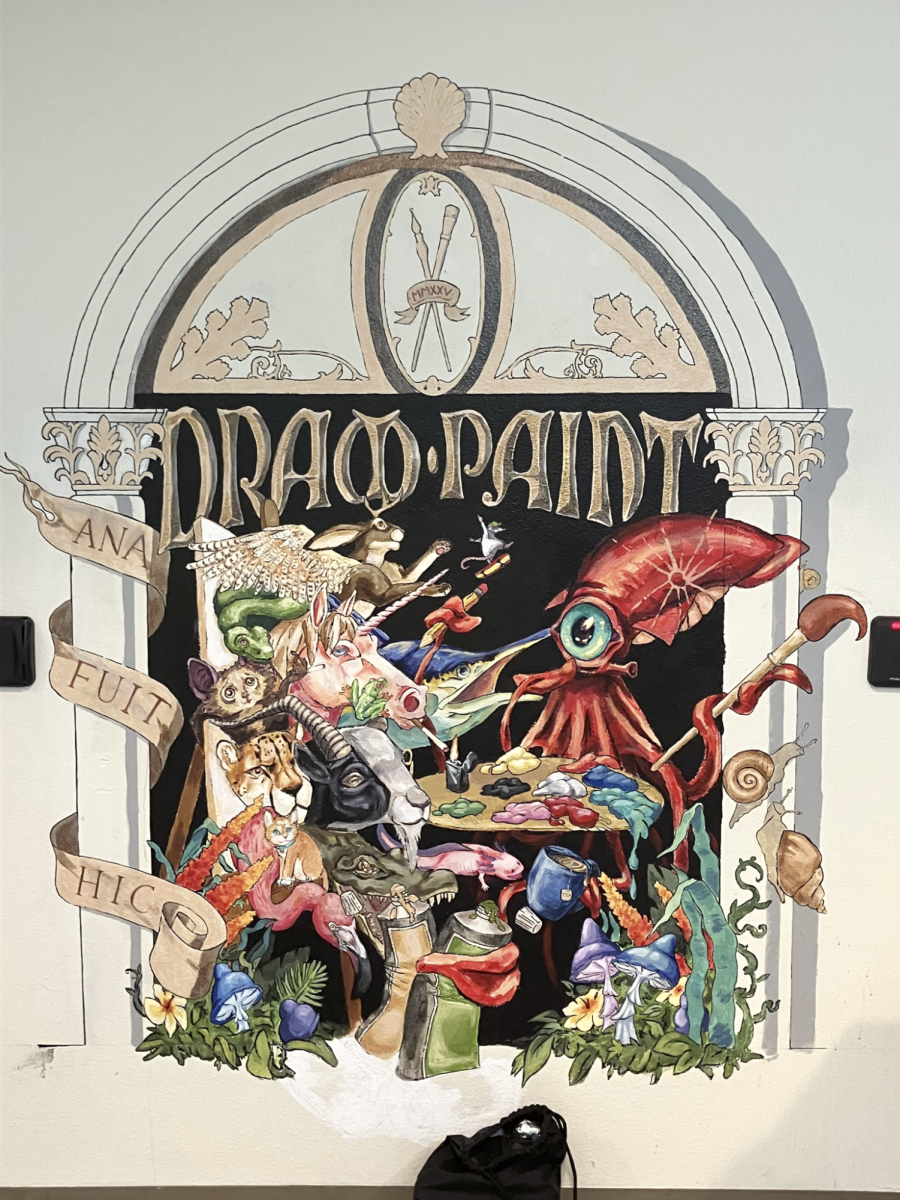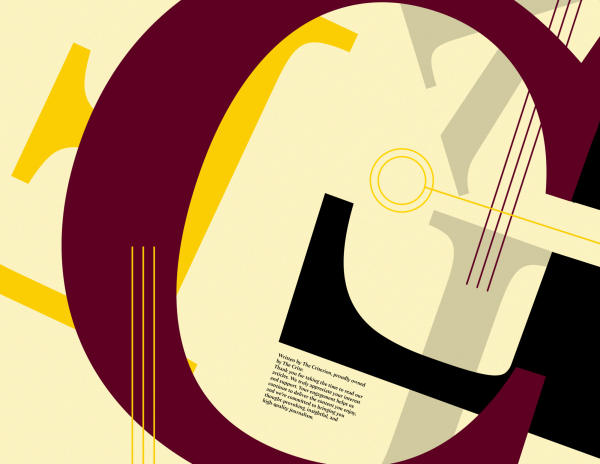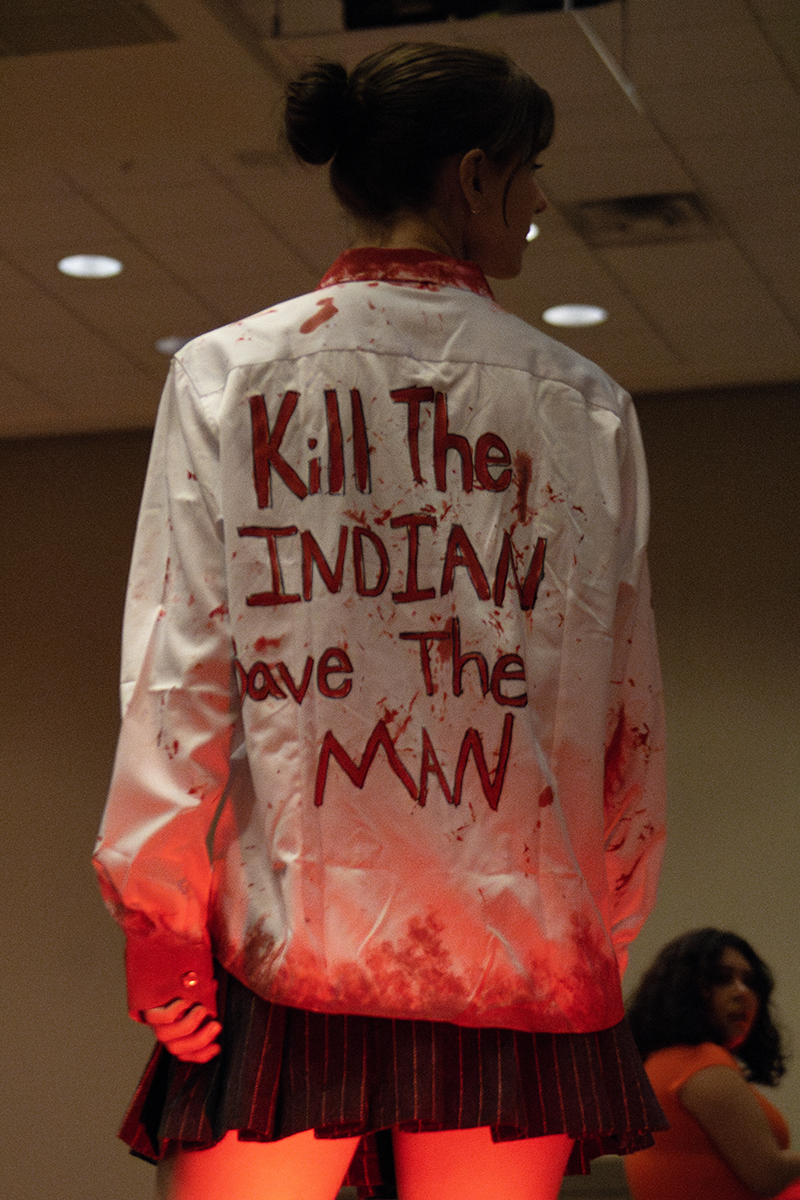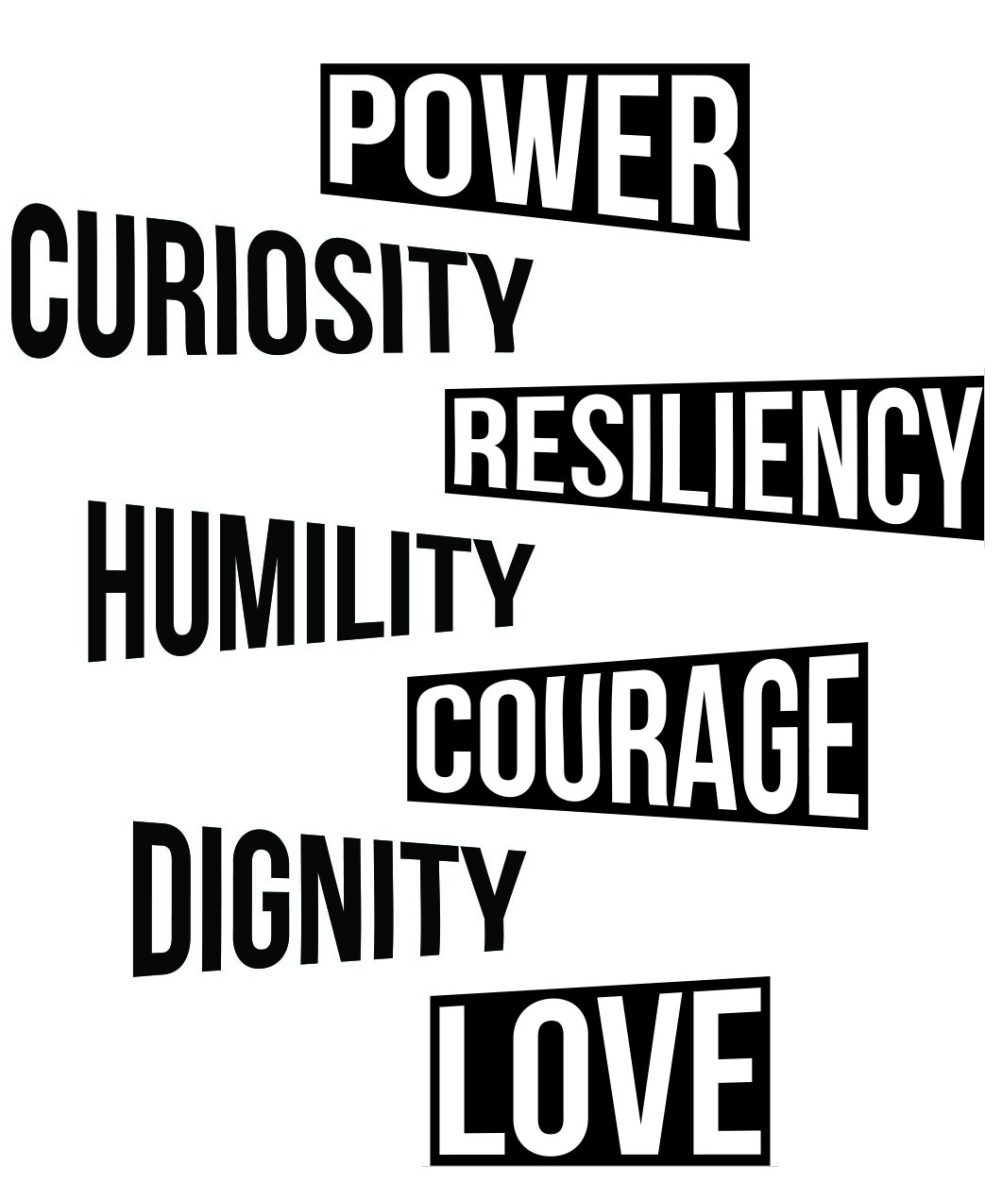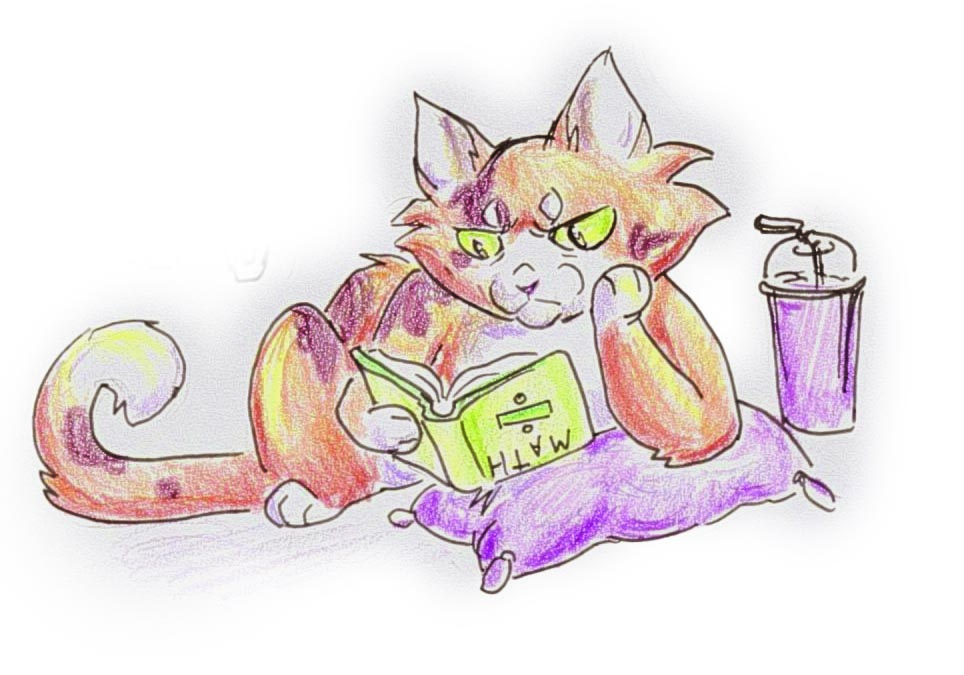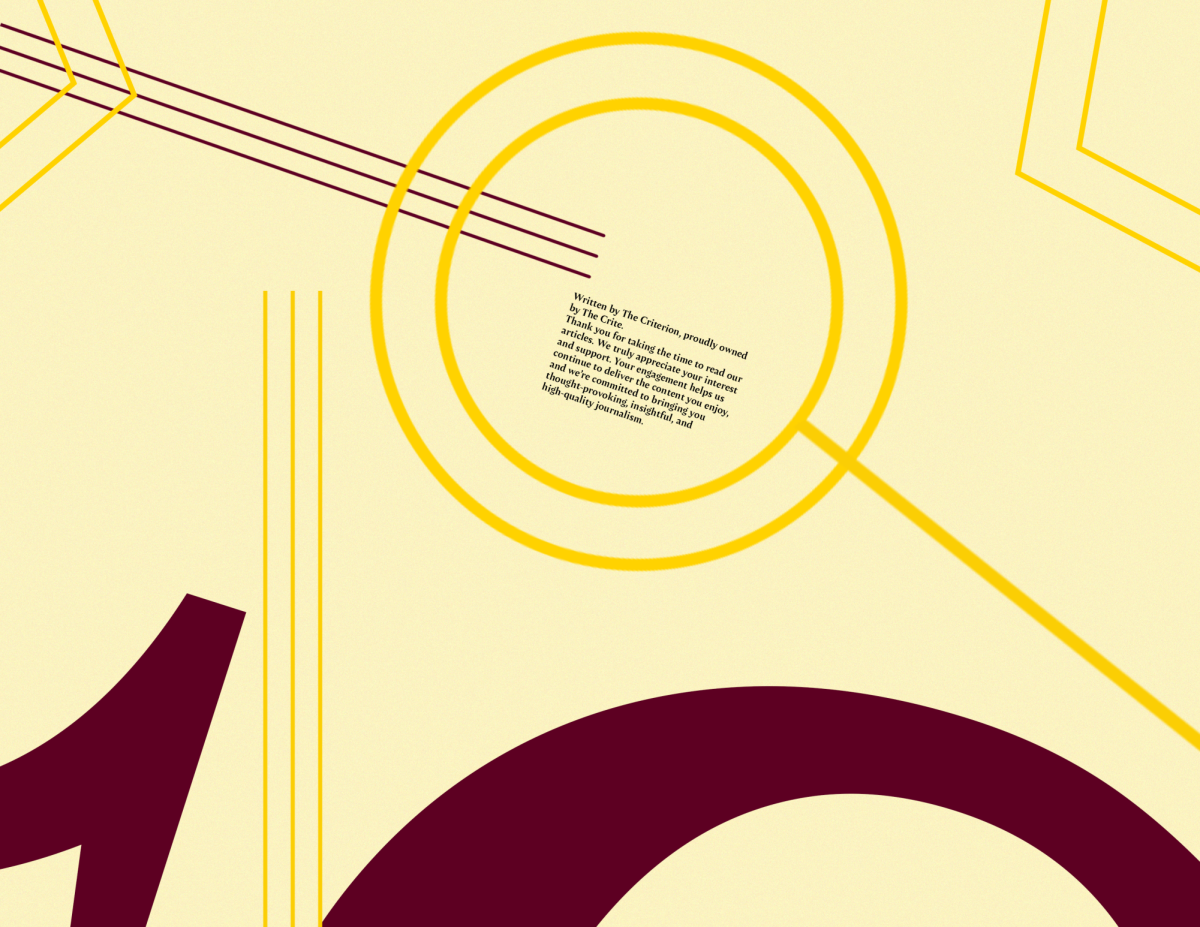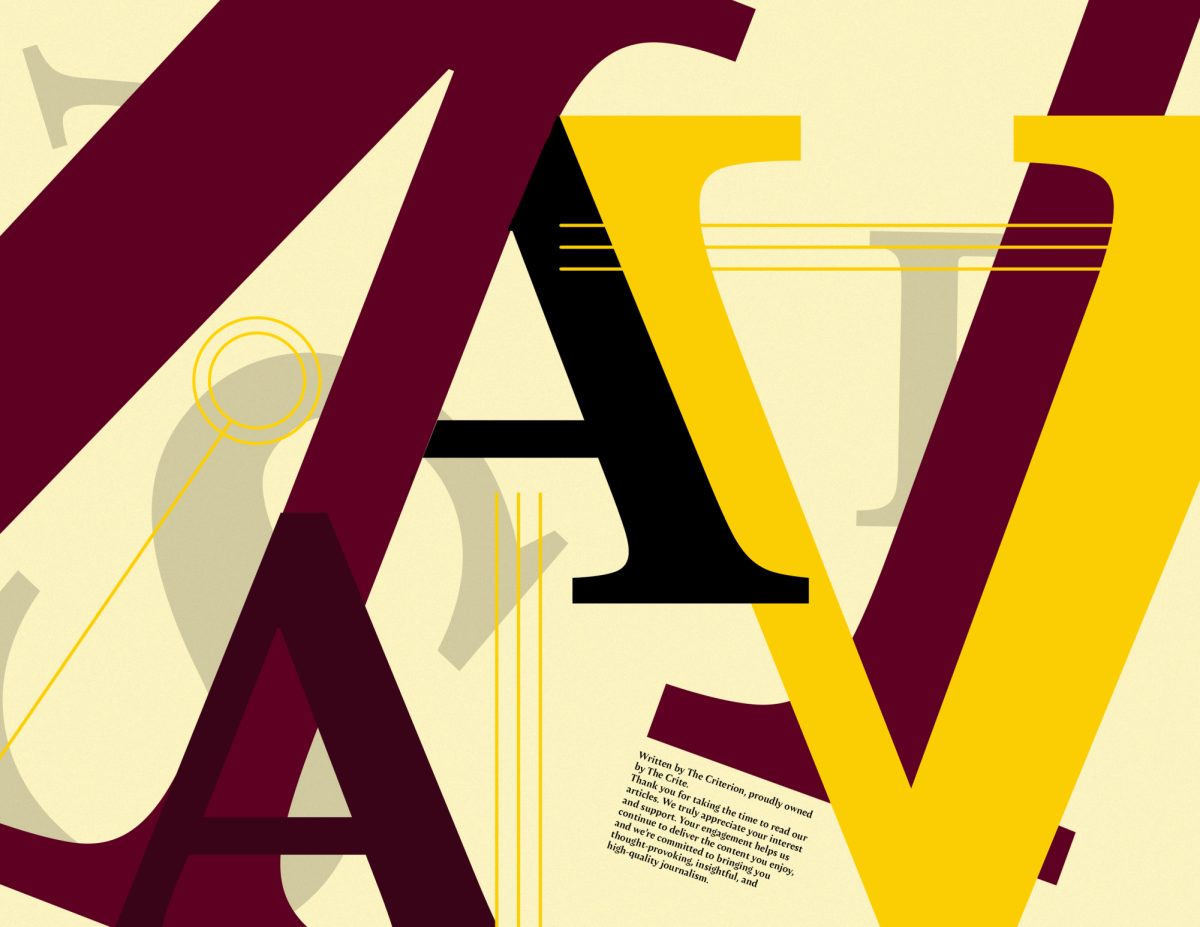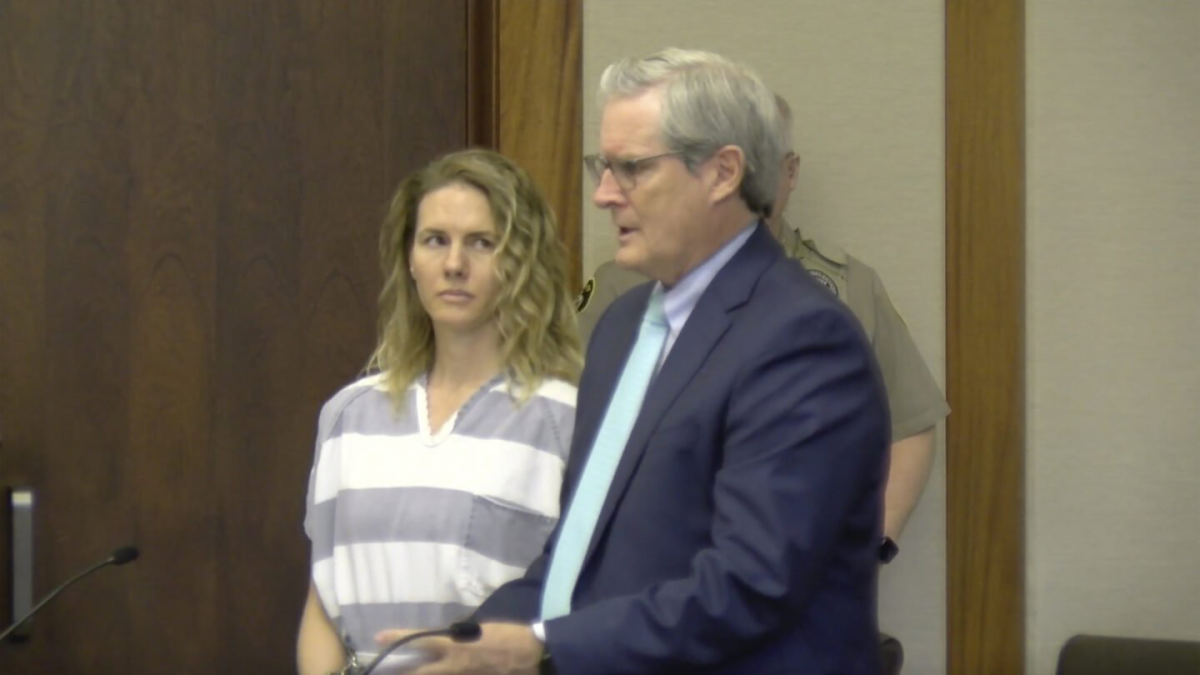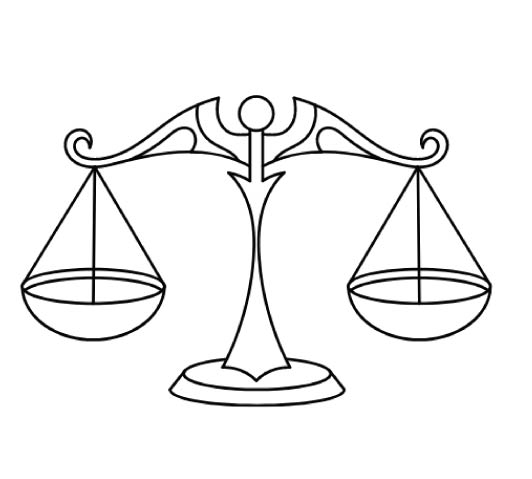Kendrick Lamar and Drake have both climbed the charts and into the hearts of fans. They’re both international stars, have chart-topping hits and have garnered respect in the music community. When their long-time feud came to a head earlier this year I had to ask myself two questions – who came out on top and why?
It may be as simple as quality over quantity, character over callus and achievement over attention. Though the Canadian rapper Drake has released more albums and may be considered more commercially popular, I think the substance and general evolution of hip-hop remains in the hands of Kendrick after over 13 years of lyrical domination.
Looking back, it’s hard to imagine a circumstance that would place these artists in the same room. However, in 2011 and 2012 they were considered quite respectful of each other’s talents and maybe even friends. They traded collabs on Drake’s album “Take Care” and Kendrick’s debut album “Good Kid M.A.A.D City.” Kendrick was even the opening act for Drake’s Club Paradise Tour in 2012.
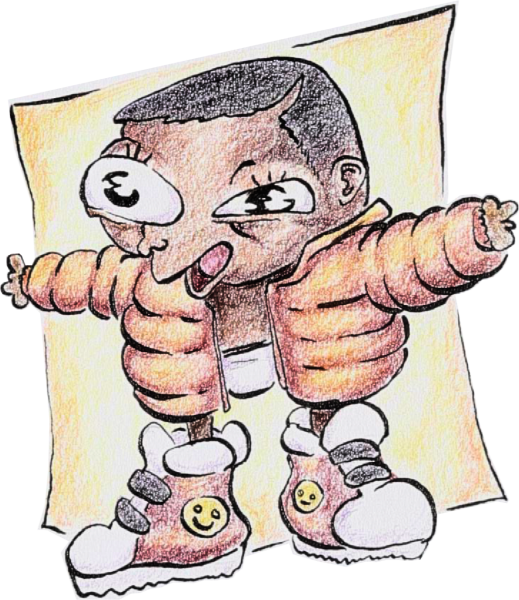
By 2013, Kendrick had become a household name and began to climb the ranks in the hip-hop community. At this time, Drake was considered a titan in the music industry and fancied himself a bit of a mentor to Kendrick. From Drake’s perspective, he deserved a “thank you.” He didn’t get it.
“I got love for you all, but I’m tryna murder you n***as,” Kendrick publicly declared in his feature on Big Sean’s track “Control.” Though he respected Drake, J. Cole, Meek Mill, Pusha T, A$AP Rocky and more, he had plans to take them all down.
Drake attempted to hide his despondency in a Billboard interview later that year by brushing off the bar, as well as Kendrick. Drake said it was less than inspiring and had no consequence in the community. Through this veiled disrespect of Kendrick’s lyrical aptitude and power in the industry, Drake lit a spark. Not only within Kendrick, but into a hip-hop feud not seen since the likes of Tupac and Biggie.
They continued to shoot insults, accusations and indignities back and forth over the course of the next decade. The community could smell the beef cooking and it finally came to a full boil in 2023. Drake and J. Cole’s track “First Person Shooter,” shot to number one on the Billboard Hot 100 Chart that year. It was a line in that song, which actually belonged to J. Cole, that ushered in a rapid succession of venomous attacks between Drake and Kendrick.
“Love when they argue the hardest MC, is it K-Dot? Is it Aubrey? Or me? We the big three like we started a league, but right now, I feel like Muhammad Ali,” wrote Cole. Cole’s verse could have been an attempt to squash the beef but was widely received as a dig at Kendrick’s talent.
Kendrick is a Pulitzer Prize winning artist. He made history as the first hip-hop musician to win the award and Cole’s comparison of himself to Kendrick implies a considerable amount of ego and a bit of delusion. Future and Metro Boomin teamed up with Kendrick to make his thoughts on Cole’s infraction known.
“Motherf**k the big three, n***a, it’s just big me,” responded Kendrick in his feature on their track “Like That.”
March and April of 2023 saw a rapid fire of releases from both sides, each more scathing than the last. Cole couldn’t take the heat and got on his bike and literally rode away from the drama by releasing and later retracting “7 Minute Drill.” It was clear that this beef had left the kitchen and was headed for the streets.
Drake’s back to back releases of “Push Ups” and “Taylor Made” were weak, pathetic displays of petty, displaced intentions for the industry and the legends that came before him. Kendrick’s back to back releases of “Euphoria” and “6:16 in LA” offered Drake a much needed lyrical reprimand.
Kendrick hurled ruthless implications of moles in Drake’s camp and emphatic insistence of his deep hatred for everything Drake in the track “Euphoria.” The temptation to retaliate on Drake’s part proved to be too much. In his response track “Family Matters” Drake attacks Kendrick’s family life and disses Metro Boomin, A$AP Rocky, Future and more.
With that, Drake effectively broadened the depth of the feud and saw diminishing support as a result. Just minutes after, Kendrick released “Meet the Grahams.” It was a crushing criticism of Drake and his entourage. It was also laced with repulsion and warning aimed directly at Drake and members of his immediate family, including his young children.
Less than 24 hours later on May 4 2024, Kendrick dropped “Not like Us.” It was the knockout blow heard round-the-world.
Drake released “The Heart Part 6” in an attempt to debunk Kendrick’s allegations of pedophilia, plastic surgery and spies. However, his attempt to redirect the spotlight proved to be too-little-too-late. Kendrick was widely proclaimed the winner and questions of Drake’s true nature began to rise.
Although the feud has not officially been squashed, the question of impact arises. Kendrick’s historical performance on Juneteenth at “Pop Out: Ken and Friends,” served as a platform for social and cultural unification.
For over 13 years, the battle between Drake and Kendrick has represented a difference of intention. Drake’s objectives are rooted in money, fame and beauty. Kendrick’s objectives originate from ideas of progress, preservation and unification. When compared, it’s clear that the better artist, the cultural contender and people’s champion is the one who places character over celebrity. By every measure and all accounts, Kendrick is by far the better artist.



